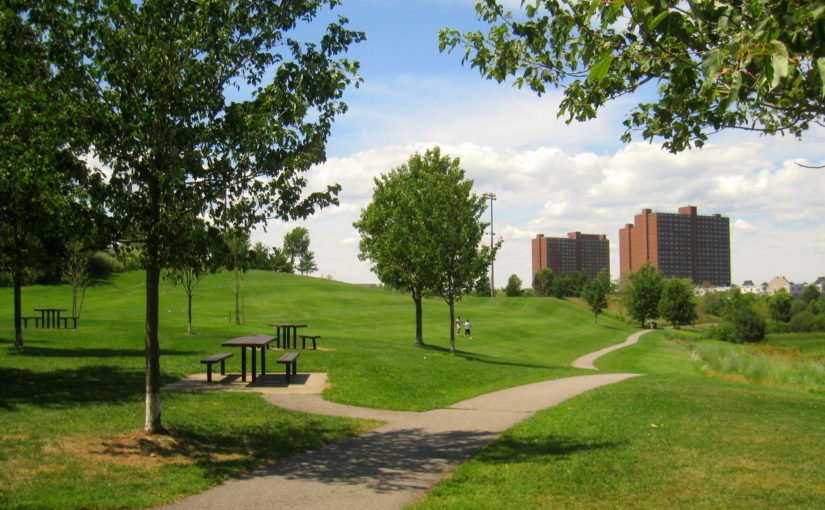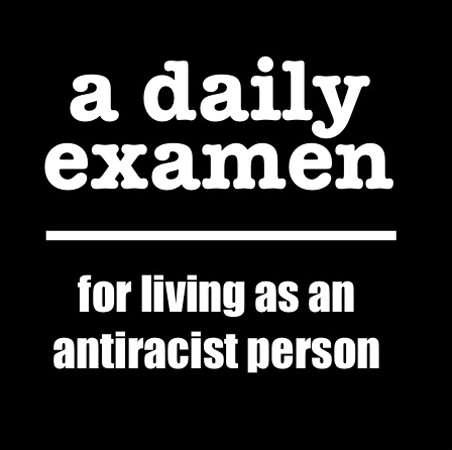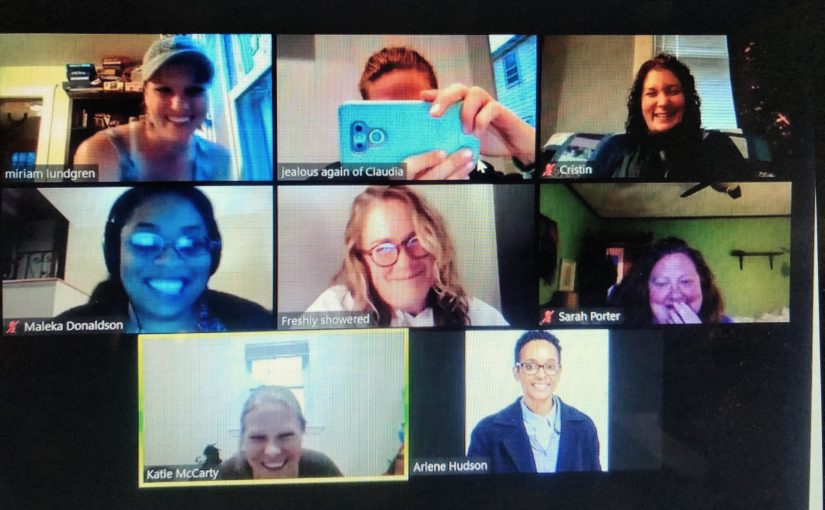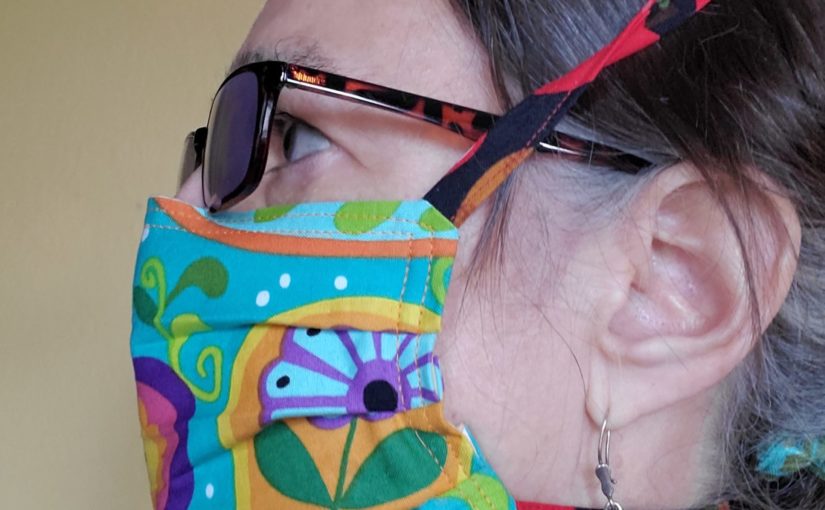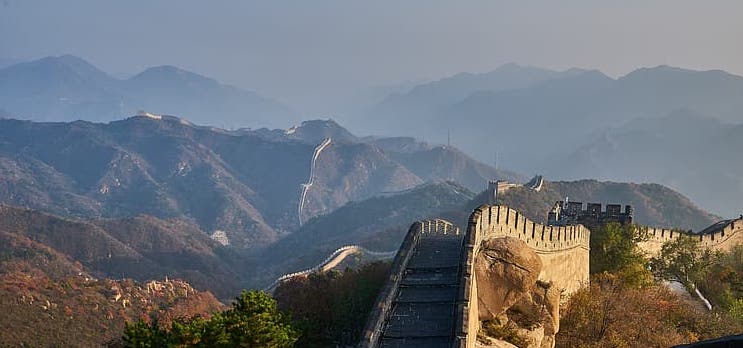By Lydia Shiu
I have been feeling a bit powerless lately. So much is out of my control it seems, from Covid to racial injustice. There’s so much happening in the world that I’m sad about, that I grieve, that I’m angry about, that I can’t do anything about. I feel like a drop in the ocean.
A recent documentary came out about Bruce Lee, a powerful force of personality and fitness, a Chinese-American who made an impact in Hollywood at a time when Asian actors weren’t taken seriously, is titled ‘Be Water’ after a quote from Bruce talking about the power of water. He says, “You put water into a cup, it becomes the cup. You put water into a bottle, it becomes the bottle. You put it in a teapot, it becomes the teapot. Now water can flow or it can crash. Be water, my friend.” (https://www.youtube.com/watch?v=cJMwBwFj5nQ&feature=youtu.be)
So then again, a drop of water here and a drop of water there can be powerful. That’s what I’ve been learning through the work of organizing. As many of you know, Reservoir Church has been a member of Greater Boston Interfaith Organization (GBIO), partnering with 40+ congregations, synagogues, mosques to work together toward public good. Since the outbreak of Covid and in the wake of George Floyd’s death, GBIO and new folks who’ve never been involved with GBIO were activated to come together to take action. From individual grief and powerlessness, we came together for a Racial Justice Campaign for police reform and healthcare reform in the state of MA. We began setting up In District Meetings (IDM) to engage our state representatives who will be voting on some important legislation that would impact real change and accountability in both our police and healthcare system.
It has been hard work. It has been confusing work. Amendments were being added or taken out daily and it was difficult to keep up with all the politics! I was constantly Googling who’s in what district, and learning that how to pronounce “Representative Provost” was important (It’s just pro-vo. The “st” is silent!) We were all doing this over zoom of course and lots of emails. But through it, I experienced little drops of Reservoir (yes, I’m trying to do a pun) gather here and gather there, becoming a powerful force of water that put grooves into state politics that sometimes feel like heavy stones to break through.
Our church SHOWED UP with stories from their personal lives:
-like Meghan Cary about her journey through mental health care,
–Phil Reavis about police brutality (https://www.facebook.com/265194353559805/posts/3188974247848453/?vh=e&d=n),
–Herma Parham and her story,
–Michaiah Healy sharing stories from her town, and more.
Our church SHOWED up with Kristina Harrison, Evelyn Manning, Iueh Soh, Estivaliz Castro, Roger and Clarie Dewey, Paul Castiglione, Sue Rosenkranz, Grace Golding, and Kimberley Hutter in the planning of IDM’s, running the meeting, asking Representatives hard questions in the meeting. And MANY more showed up as constituents. Shout outs to the Faith Into Action Team and everyone else who I didn’t catch at the various meetings–THANK YOU for showing up.
Our drops of tears, our frustrations, our emails and calls to representatives, our presence in the Zoom calls were poured into the containers of various districts in the Greater Boston area, and it made an impression on our state House Reps. I didn’t know I had that kind of power. Well, maybe I don’t, but we do. And as I learned from Iueh, one of our Faith Into Action Core Team leaders, he likes to remind us of a quote from Roberto Unger and Cornel West, “hope is not the cause of action, hope is the consequence.” Which has been true for me.
I’m so proud of the work that Reservoir was a part of and that I got to be a part of. And there’s much more work to be done.
Here’s another example of Reservoir people bringing their own stories to make an impact: John Griffith, Aina Adler and their daughter Lily shared their story on WCVB5 News.
Their experience of racial disparity in the healthcare system moved me to tears. John spoke out about it on his Facebook and it’s been shared a few thousand times. Lily shouldn’t have experienced this because of the color of her mother Aina’s skin. But this is being black in America today.
The #BlackLivesMatter movement is an opportunity for all of us to advocate for those who are being marginalized because of their skin color–their health and their lives are at risk. GBIO will be continuing in the work of racial justice focusing on police reform and healthcare reform in the weeks and months to come. Stories like John and Aina’s should not leave us powerless but take it from them, and let’s speak out and do something. Our faith can inform us to do something about it. If you’d like to be involved with Faith into Action, a group of Reservoir folks who want to organize towards justice and action, please email me at lydia@reservoirchurch.org. Don’t underestimate the power of a drop of water, like Bruce Lee said. Or like Jesus said, the power of a seed.
“Truly I tell you, if you have faith as small as a mustard seed, you can say to this mountain, ‘Move from here to there,’ and it will move. Nothing will be impossible for you.” Matt 17:20



